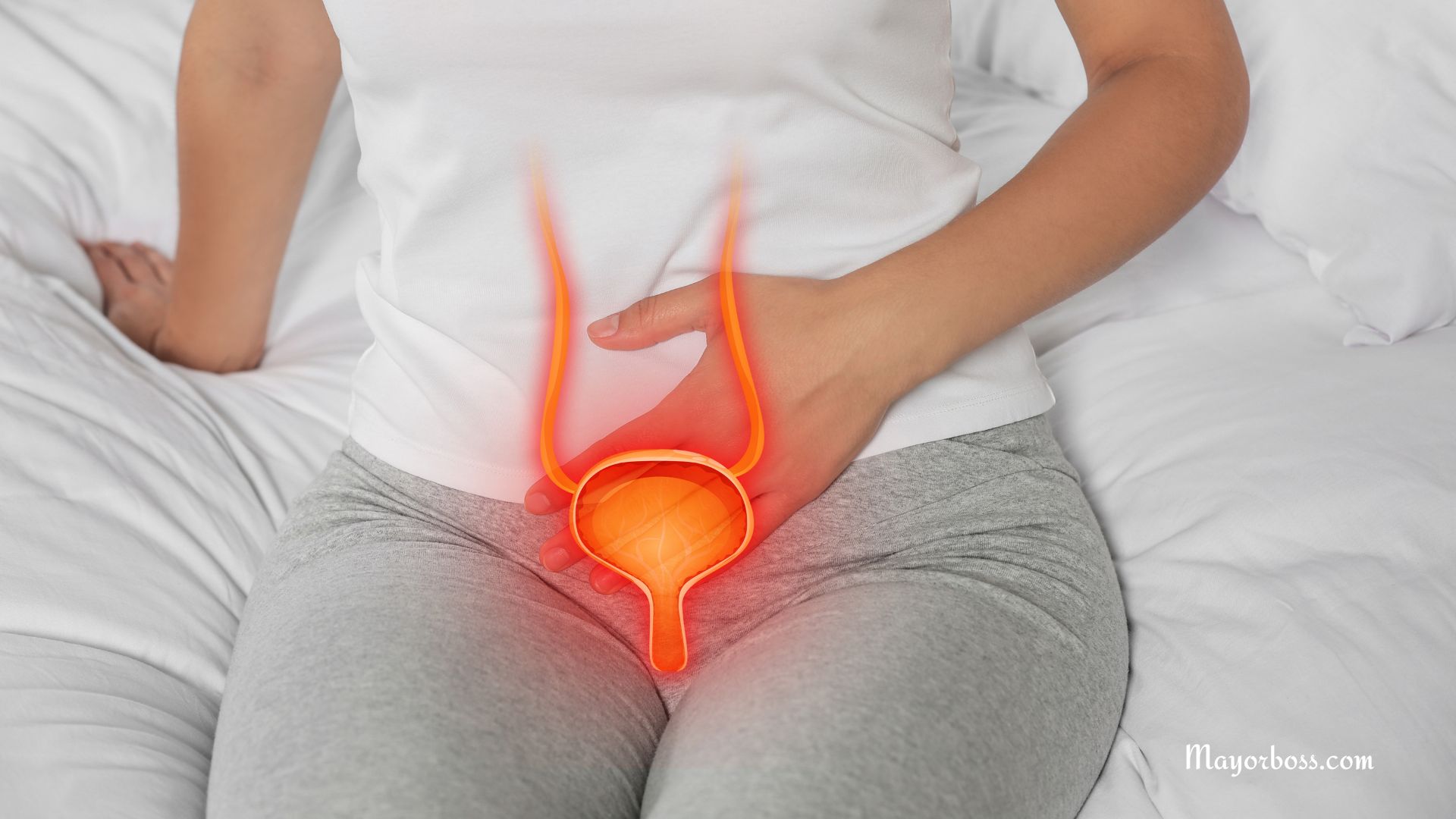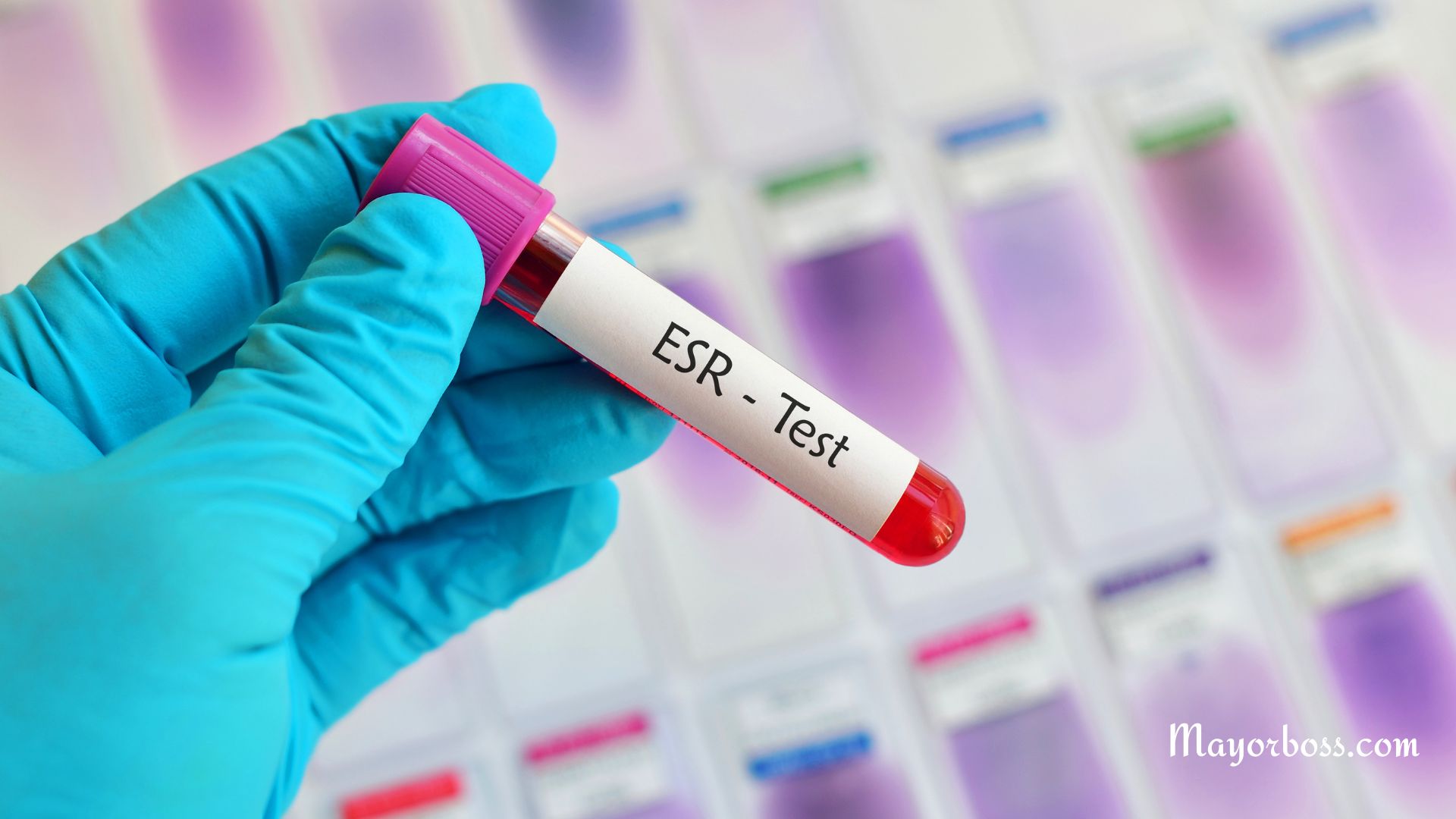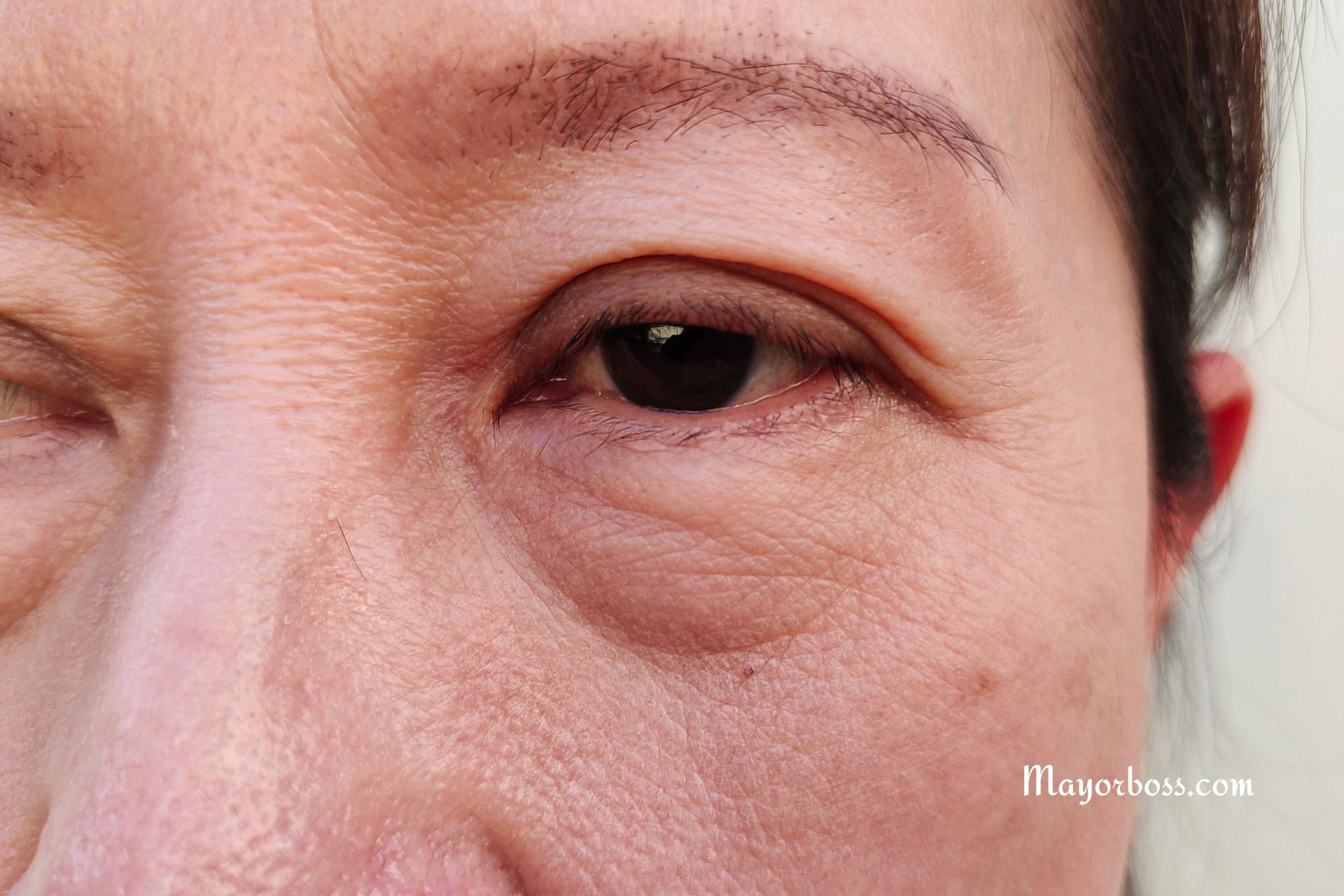How to Lower Creatinine Levels
Have you recently undergone a blood test and found out that your creatinine levels are high? This can be a cause for concern, as excess creatinine levels in your blood could indicate that your kidneys are not functioning as well as they should be. But don’t worry. There are ways to lower your creatinine levels and improve your kidney function. In this blog post, we’ll discuss some tips and strategies that can help you do just that.
What are Creatinine Levels?
Before we get started, let’s briefly put some context into what creatinine levels are. Creatinine is a waste product that is produced by the muscles in your body. It is normally filtered out of your blood by your kidneys and eliminated through urine. If your kidneys are not functioning properly, your creatinine levels can build up in your blood, which can be a sign of kidney damage or disease.
As a general rule, the normal range for creatinine levels in the blood is 0.6 to 1.2 mg/dL for men and 0.5 to 1.1 mg/dL for women. If your creatinine levels are above this range, it’s essential to take steps to lower them.
What Causes High Creatinine Levels?
There are several potential causes of high creatinine levels, including kidney infection or Kidney failure, high intake of protein, high-intensity exercise, the use of certain medications or supplements, and dehydration. Additionally, modern studies have shown that excessive alcohol intake can also contribute to high creatinine levels.
What are the Symptoms of High Creatinine Levels?
In general, high creatinine levels may not cause any noticeable symptoms. However, some people may experience symptoms such as swelling or edema, weakness, difficulty breathing, changes in urination, and itchy skin. If you have concerns about your creatinine levels, it is recommended that you speak with your healthcare provider.
How Can You Lower Your Creatinine Levels?
There are several approaches you can use to lower your creatinine levels. Most experts agree that the first step is to make lifestyle changes, such as increasing your water intake and limiting your alcohol intake. Additionally, some experts claim that following a low-protein diet and avoiding overusing NSAIDs can also help lower creatinine levels. Let’s explore these options in more detail.
1. Increase Your Water Intake
Increasing your water intake is one of the simplest and most effective ways to lower your creatinine levels. Drinking plenty of water can help flush out excess creatinine from your bloodstream and improve kidney function. Generally speaking, you should aim to drink at least eight glasses of water daily. If you have trouble remembering to drink water, try carrying a water bottle with you throughout the day.
2. Reduce Your Protein Intake
As I mentioned earlier, a high protein intake can lead to increased creatinine production. Therefore, it’s recommended that you limit your intake of high-protein foods, such as red meat, poultry, and fish. On the other hand, you may want to consider increasing your intake of plant-based proteins, such as beans, lentils, and tofu.
3. Increasing fiber intake
Increasing your daily dietary fiber intake can help lower creatinine levels as well. Fiber helps absorb excess creatinine and keep it from building up in the bloodstream. Aim to include more fruits, vegetables, legumes, and whole grains in your diet to increase your fiber intake.
4. Avoid the Overuse of NSAIDs
Nonsteroidal anti-inflammatory drugs (NSAIDs) such as ibuprofen and aspirin can be helpful for relieving pain and reducing inflammation, but they can also damage your kidneys if overused. Therefore, it is important to avoid overusing NSAIDs if you have high creatinine levels. Your healthcare provider can recommend alternative pain relief options if necessary.
5. Limit Your Alcohol Intake
Excessive alcohol consumption can also damage your kidneys and increase your creatinine levels. Therefore, it is recommended that you limit your alcohol intake. Most experts agree that men should have no more than two drinks per day, and women should have no more than one drink per day.
6. Exercise Moderately
While too much exercise can lead to increased creatinine levels, regular exercise can actually improve your kidney function and lower your creatinine levels. Modern studies have shown that moderate exercise can help increase blood flow to your kidneys and improve their function. Therefore, it is recommended that you engage in regular, moderate exercise to improve your kidney health.
7. Manage Underlying Health Conditions
If your elevated creatinine levels are caused by an underlying health condition such as diabetes or high blood pressure, it is important to manage these conditions as well. Evidence suggests that poorly controlled diabetes and high blood pressure can harm your kidneys and increase your creatinine levels. Therefore, it is crucial to work with your doctor to manage these conditions and keep them under control.
8. Consider Herbal Remedies
Some herbal remedies, such as astragalus, red sage, and cinnamon, have been found to help enhance kidney function and lower creatinine levels. However, talking to your physician before taking any herbal remedies is important, as they can interact with other medications and supplements you may be taking.
9. Get Enough Sleep
Getting enough sleep can help improve your kidney function and decrease your creatinine levels. Modern science has found that lack of sleep can lead to increased inflammation and oxidative stress, which can damage your kidneys and raise creatinine levels. Therefore, it is recommended that you aim to get at least 7-8 hours of sleep per night.
Medical Treatments for Lowering Creatinine Levels
If lifestyle changes alone aren’t enough to lower your creatinine levels, your doctor may recommend medical treatments. Here are some medical treatments that may be used to lower creatinine levels:
- Medications: Certain medications can help lower creatinine levels, such as ACE inhibitors or angiotensin receptor blockers (ARBs).
- Dialysis: Dialysis is a medical procedure that filters the blood to remove excess creatinine and other waste products.
- Kidney transplant: In severe cases of kidney damage, a kidney transplant may be necessary to restore kidney function and lower creatinine levels.
Most studies have successfully used lifestyle changes and medical treatments to lower creatinine levels.
Talk to Your Healthcare Provider
Your healthcare provider can also provide you with personalized recommendations for lowering your creatinine levels. They may recommend additional lifestyle changes or prescribe medications to help lower your creatinine levels. Additionally, they can monitor your kidney function over time to ensure that your creatinine levels are decreasing.
Article Sources
- Low Creatinine: Causes, Symptoms, Treatments – Healthline.
- What is Creatinine? – Clearance, levels, serum. National Kidney Foundation.
- The Top 10 Things Nephrologists Wish Every Primary Care Physician Knew. Mayo Clinic Proceedings.
- Foods with added fiber lower serum creatinine levels in patients with chronic kidney disease. Journal of renal nutrition: the official journal of the Council on Renal Nutrition of the National Kidney Foundation.






